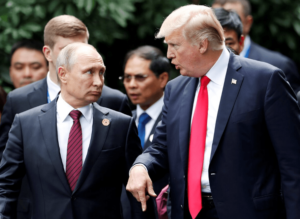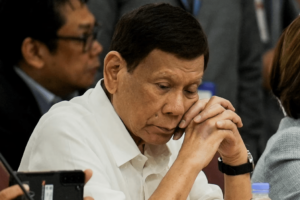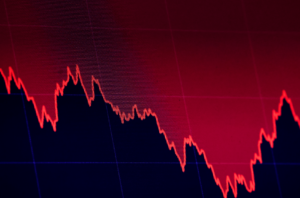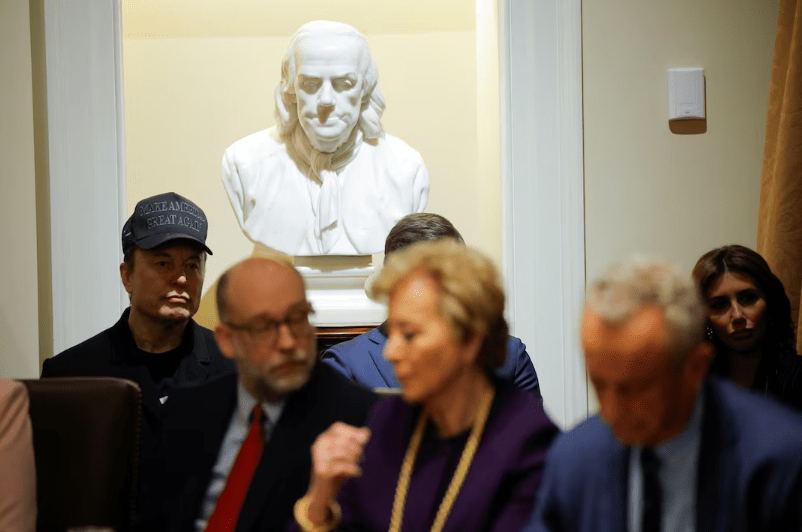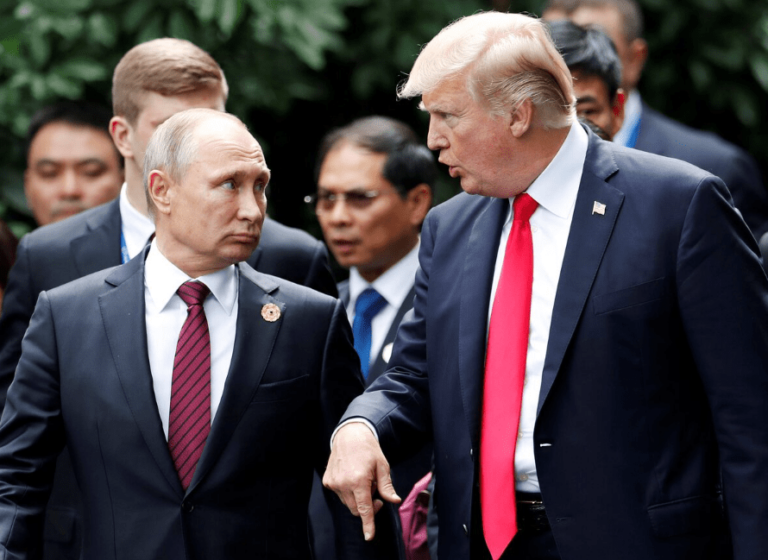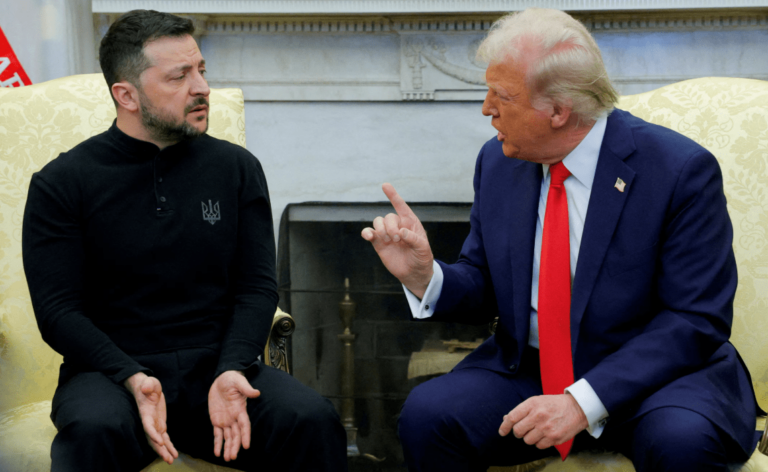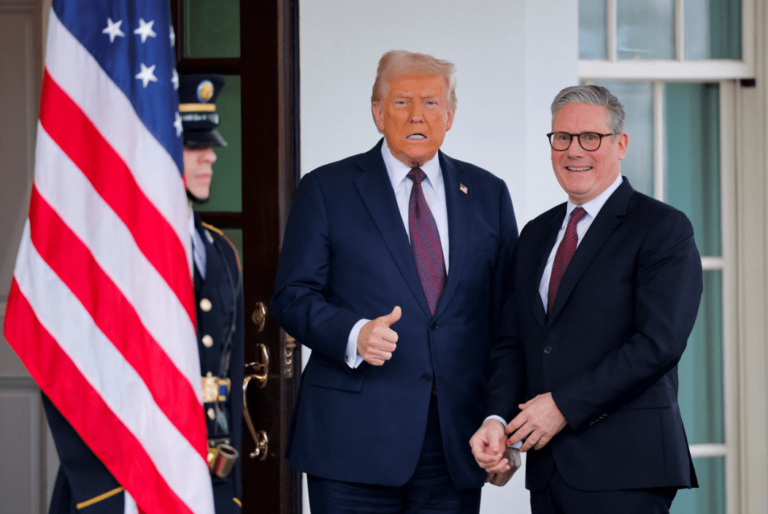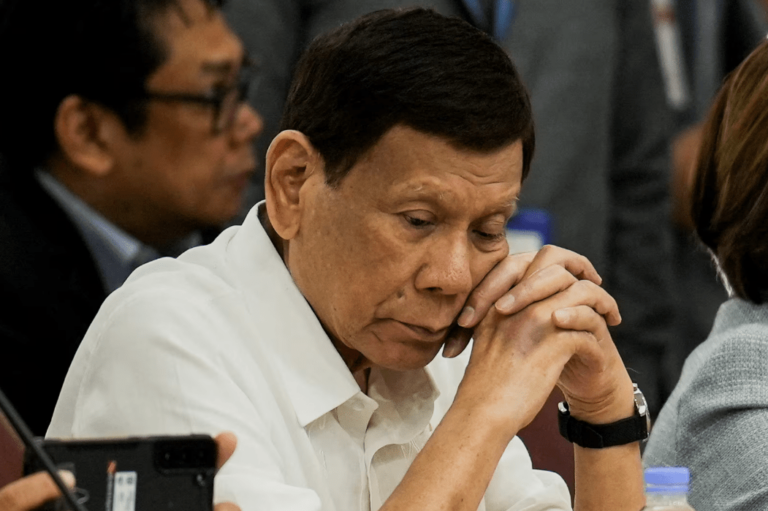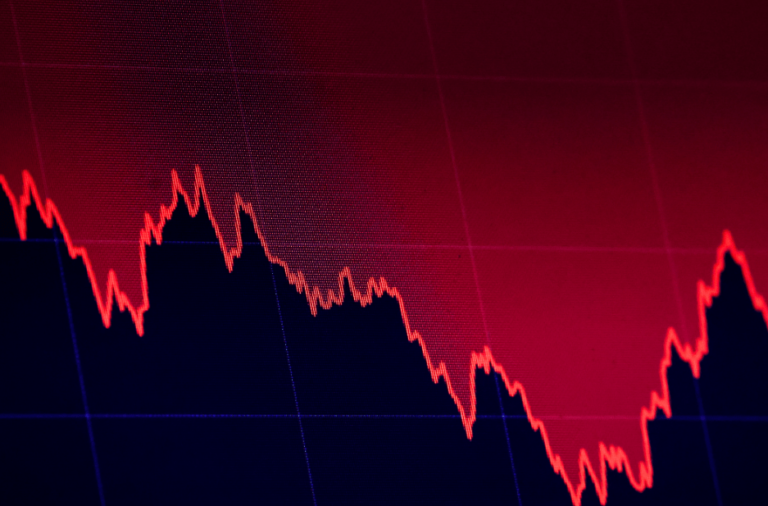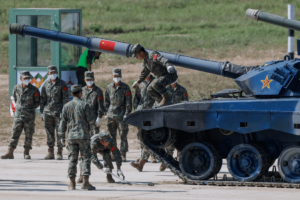President Donald Trump’s first cabinet meeting of his second term placed a spotlight on significant policy moves, including deep federal workforce reductions, a new immigration initiative, and trade tariffs on North American neighbors. Among those in attendance was billionaire Elon Musk, who played a prominent role in discussions about streamlining government operations.
Musk’s Role in Federal Workforce Overhaul
Musk, wearing a t-shirt labeled “tech support,” defended his leadership of the Department of Government Efficiency (DOGE), a newly formed entity replacing the U.S. Digital Service. While initially downplaying DOGE’s role as primarily modernizing government technology, Musk acknowledged that the department was also tasked with implementing widespread federal job cuts.
His remarks followed a memo directing agencies to prepare for large-scale workforce reductions. In response to concerns over the impact of these cuts, Musk argued that reducing federal spending was crucial to preventing economic collapse. He suggested that DOGE could identify “a trillion dollars in savings” and stressed that inefficiencies in the government were unsustainable.
Despite these assurances, the department has faced controversy. Earlier in the week, 21 DOGE employees resigned, citing risks to data security and concerns that the agency was dismantling essential public services. Some lawmakers have also raised alarms over DOGE’s actions, questioning their legality and long-term impact.
Controversial Employee Evaluation System
Musk also reaffirmed a controversial policy requiring federal employees to submit a weekly list of accomplishments or risk termination. The initial deadline, which sparked widespread confusion, was later extended, though Musk suggested a second failure to comply could lead to dismissals.
Critics have called the approach arbitrary and legally dubious. Musk, however, dismissed these concerns, arguing that unresponsive employees may either be deceased or fictional—an assertion met with skepticism from government officials and labor advocates.
Immigration Reform: The ‘Gold Card’ Proposal
Another key topic was Trump’s proposed overhaul of the U.S. immigration system. The administration is considering a new “gold card” initiative, which would allow immigrants to obtain permanent residency for a $5 million fee. Trump described it as a “green card plus” that would fast-track citizenship for wealthy individuals.
The proposal has drawn scrutiny, with critics arguing it could lead to a pay-for-citizenship system that favors the ultra-wealthy over skilled immigrants. However, Trump suggested that major technology companies could cover the cost for highly sought-after workers, comparing it to signing bonuses in professional sports.
Tariff Confusion and Canada’s Status
Trump also addressed impending trade tariffs on Canada and Mexico, initially set to take effect in early March. However, during the meeting, he unexpectedly suggested an April 2 implementation date, creating uncertainty over the administration’s timeline.
Commerce Secretary Howard Lutnick hinted that further delays were possible if both countries met Trump’s demands on border security and trade policy. Meanwhile, Trump reiterated his controversial stance that Canada should become the 51st U.S. state, arguing that the country could not sustain itself financially without American support.
U.S.-Ukraine Relations and Russia’s Role in Peace Talks
On foreign policy, Trump discussed upcoming negotiations with Ukrainian President Volodymyr Zelenskyy. He confirmed that the U.S. would gain access to Ukraine’s rare earth minerals as part of a new agreement but downplayed any security commitments to the country. Instead, Trump suggested that the mere presence of American personnel in Ukraine would serve as a deterrent to further Russian aggression.
While portraying himself as a dealmaker, Trump remained vague on whether Russia would be required to make specific concessions in peace talks. He instead revisited past claims that Ukraine’s interest in NATO had provoked the conflict, a stance widely disputed by international security experts.

